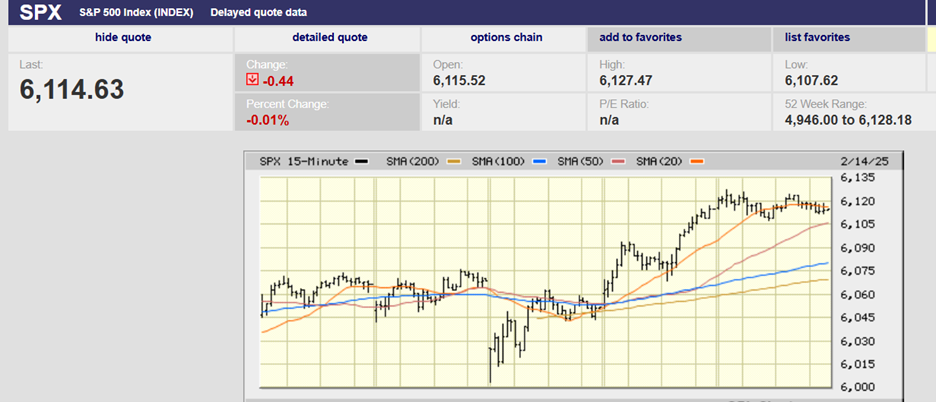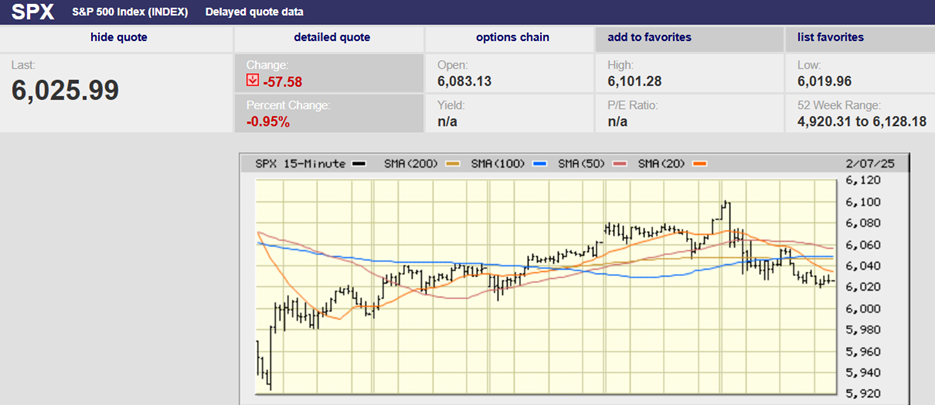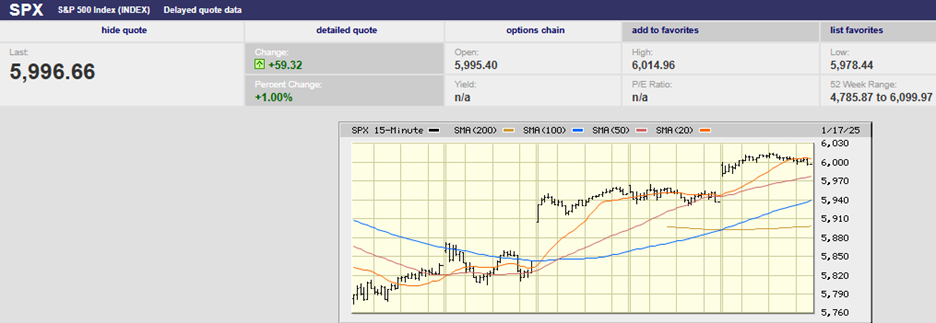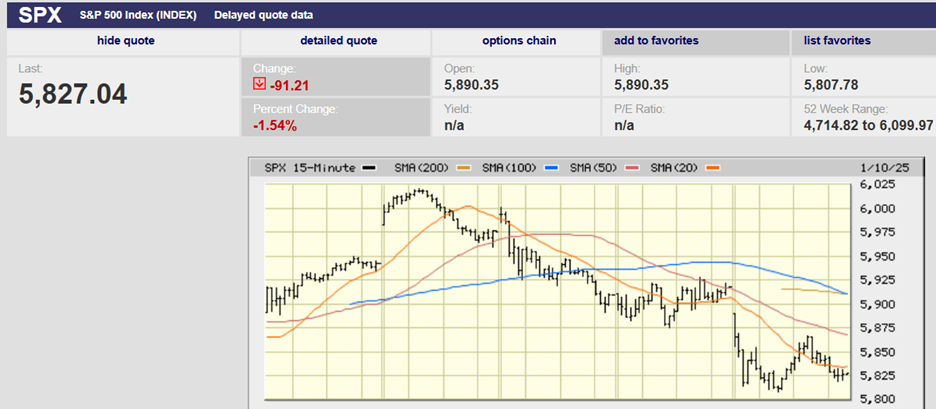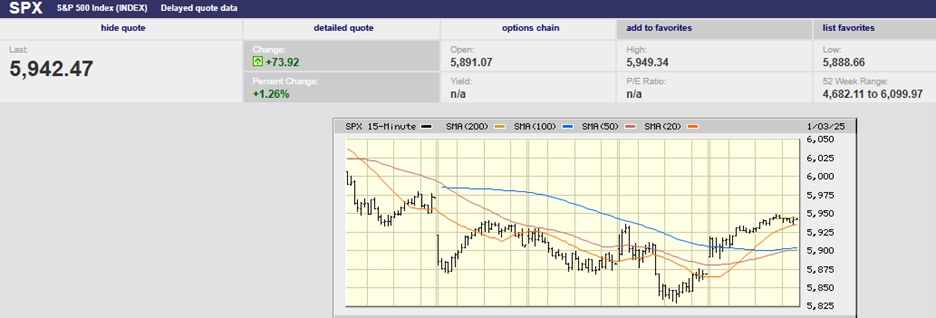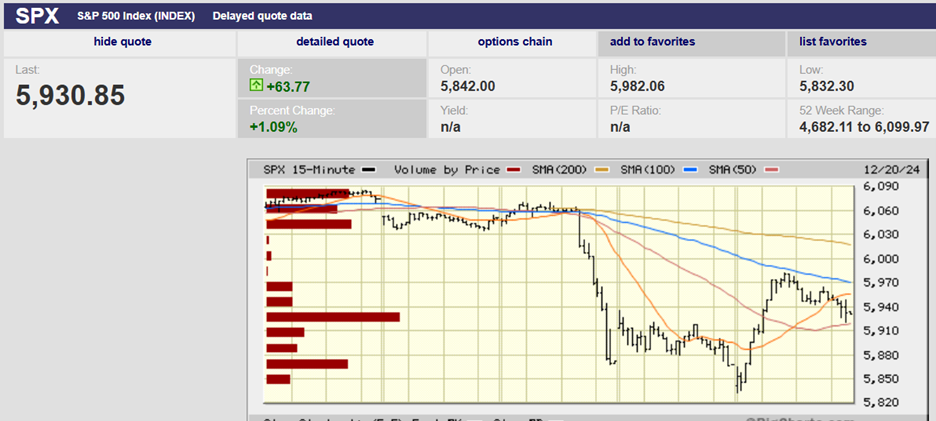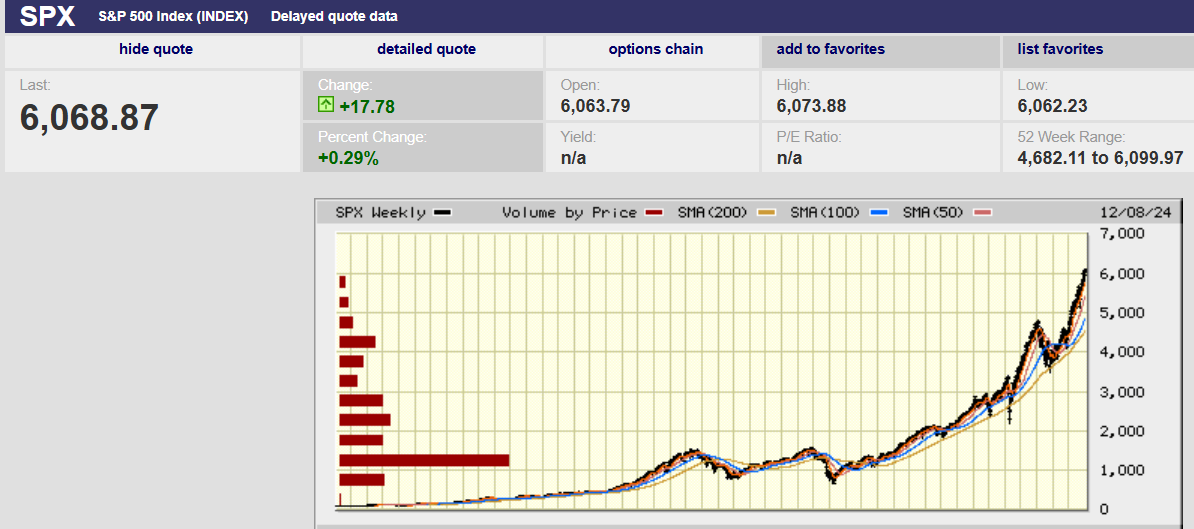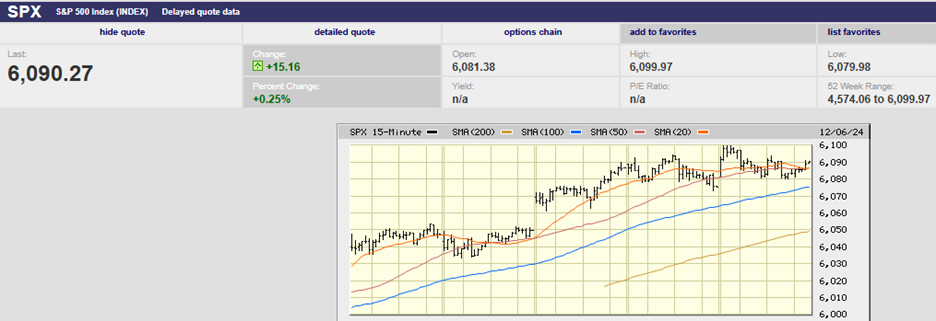From the Bleachers, Vol. 10
MARKET UPDATE
The S&P 500 fell 2.2% to 2740 last week. The index dropped all five days, although it did finish near its Friday highs, which is mildly encouraging for the traders out there. The jury is still out on 2019 despite the strong start because the economic data is still indicating further weakness and it’s anyone’s guess whether a reacceleration in the economy will occur or not. Economic news of note last week included a widening of the trade deficit to $621 billion – its widest since the 2008 recession. As well, the ECB also reduced its forecast for European growth in 2019 to 1.1% from 1.7%. Chinese data came in weaker than expected, with Chinese exports falling 20.7% year-over-year and imports dropping by 5.2%. Declining exports and imports likely mean slower overall economic growth. Back in the U.S., the jobs report was a shocker with only 20,000 new jobs created, far below the expected 180,000. However, the 311,000 jobs created in January means the two-month average is still a respectable 115,000 or so.
All in all, investors are beginning to worry that the expected Q1 slowdown might have legs. CME Fedwatch odds are now at 19.8% for a 25 bps or more Federal Funds rate cut by December, a sharp reversal from a few months ago when investors were still pricing in one or more Federal Reserve rate hikes in 2019.
Investing for a Purpose
A client asked me what I thought about C.D.s last week. I’ve been around the block once or twice, which means I’ve learned that clients rarely ask questions like that without a catalyst, something that has triggered their interest. I’ve also learned it’s best to tread lightly until the full story comes out because all too often the client has an agenda in mind and that initial question is just a conversation starter. Not infrequently, the client has already made up their mind that they’d like to do something, but wants to have a conversation about it first, and is hoping that I’m in agreement with what they’d like to do.
I asked her whether there was a specific question she had about Certificates of Deposit (C.D.s). She responded that her accountant had mentioned that she’d lost $8,000 in her investment portfolio last year and that he had all his money in C.D.s. The apparent implication was that perhaps she should have her money in C.D.s as well.
I'd already pulled her investment results from the prior year (it was a scheduled phone call, at her request, to discuss her portfolio). The accountant had his facts wrong. The client had lost $5,000 in a $200,000 account, which is 2.5%. Approximately 91% of asset classes around the world sported negative numbers in 2018, according to Deutsche Bank. The S&P 500 lost 6.59%. All in all, a 2.5% loss was not bad and was in line with expectations given her asset allocation. Worth noting is that her portfolio is entirely indexed, which means she earned what the various asset classes in her portfolio earned, minus approximately 0.12% for index fund operating expenses.
Back to the accountant, who left my client, intentionally or otherwise, with the impression that C.D.s would make better investments for her than the properly diversified, conservative, low-cost index fund portfolio in which she is currently invested. It’s all well and good that the owner of an accounting firm has most of his money in real estate and the rest in C.D.s, but his situation isn’t even remotely like my client's situation: He’s a business owner in his 50s, still working, with a considerable amount of money.
Saving and investing is about deferring current consumption so that we can consume in the future. Future consumption is the purpose of our investing in the first place and your portfolio should reflect those future spending needs. The more money you have when you retire, the more conservative you can be with your investing. Have $20 million? Fine, let it sit in cash if that’s what suits your risk tolerance. You aren’t likely to run out of money over a standard 25-year retirement. Only have $200,000? You’re going to need to take some amount of risk to grow it, at least replacing the purchasing power lost to inflation. C.D.s? Not appropriate for my client. She needs to grow her investment portfolio to increase the chances of having enough to meet her spending needs in retirement.
My advice to my client was to maintain her current investment allocation while we wait for the next recession and accompanying bear market, leaving the C.D.s to her accountant.
Regards,
Christopher R Norwood, CFA
Chief Investment Officer
